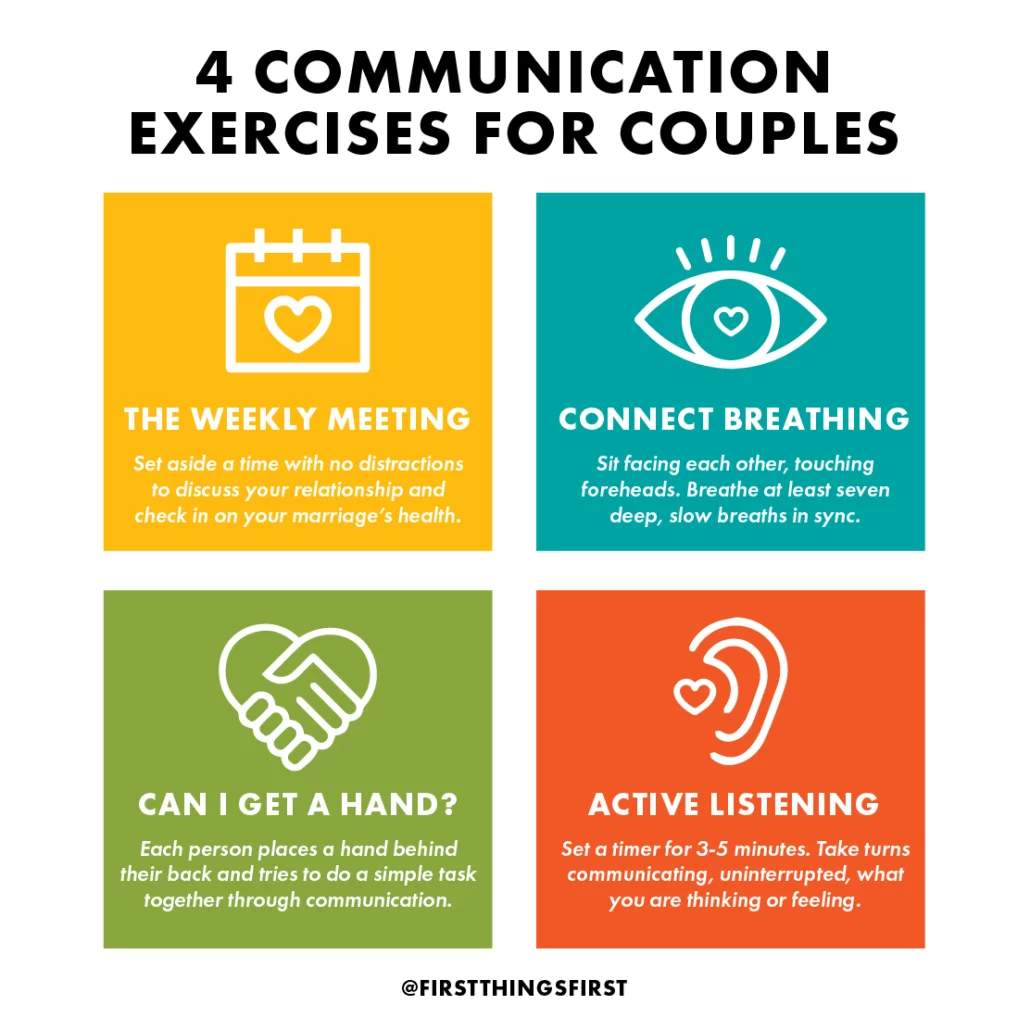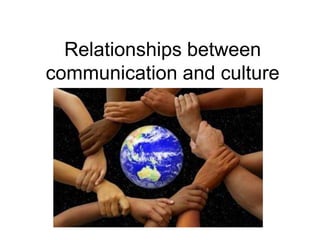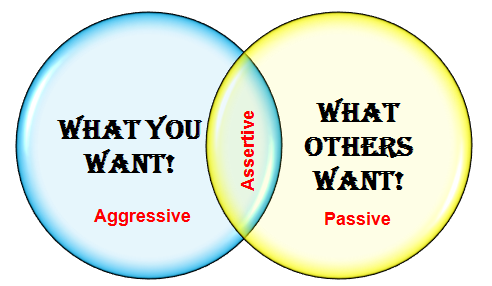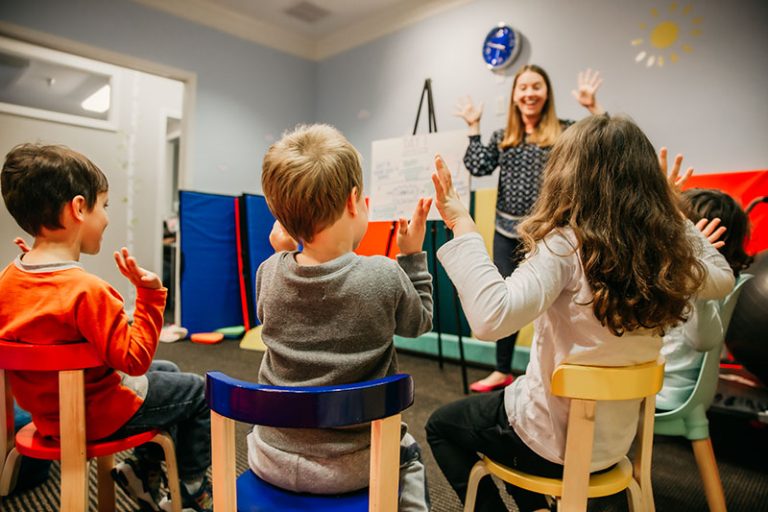Communication Skills For Couples: Building Stronger Bonds
Good communication is key for healthy relationships. Couples need these skills to thrive.
Effective communication builds trust and understanding between partners. It helps resolve conflicts and strengthens bonds. In a world full of distractions, couples often struggle to connect. Misunderstandings can lead to frustration. But, with the right skills, partners can bridge gaps.
They can express feelings clearly and listen actively. This not only enhances intimacy but also reduces arguments. By investing in communication skills, couples can enjoy a happier relationship. Discover how improving these skills can transform your connection. Explore techniques to communicate better and deepen your bond. Ready to enhance your relationship? Let’s dive into the world of communication skills for couples.

Credit: www.amazon.com
The Importance Of Communication
Communication is the backbone of any successful relationship. It forms the foundation upon which trust and intimacy are built. When you effectively communicate with your partner, you’re not just exchanging words; you’re sharing feelings, hopes, and dreams.
Enhancing Emotional Connection
Being able to communicate openly can significantly enhance your emotional connection. Imagine the warmth you feel when your partner truly listens and understands your perspective. Sharing your thoughts and emotions helps create a deeper bond and makes you feel valued and understood.
Think about the last time you and your partner laughed over an inside joke. That moment of shared humor is a simple but powerful example of emotional connection through communication. When you prioritize expressing your feelings and listening to your partner, you nurture a relationship that feels more intimate and fulfilling.
Reducing Misunderstandings
Misunderstandings can quickly become a source of conflict in any relationship. Clear communication helps reduce these misunderstandings. Instead of assuming what your partner means, ask them to clarify.
Consider a situation where a small disagreement spirals into a full-blown argument. Often, this happens because of miscommunication. By ensuring that you both understand each other’s intentions and feelings, you can prevent minor issues from becoming major problems.
Ask yourself, how many times have assumptions led to unnecessary arguments? Clear communication could be the solution. Make it a habit to discuss things openly and honestly, and watch misunderstandings diminish.

Credit: www.amazon.com
Active Listening Techniques
Listening actively can strengthen communication for couples. This technique involves showing empathy, asking questions, and giving undivided attention. It helps partners understand each other better and builds trust.
Effective communication is the foundation of a healthy relationship. One of the most valuable skills couples can develop is active listening. It’s more than just hearing words; it’s about understanding and responding thoughtfully. This skill can transform misunderstandings into meaningful conversations and strengthen your bond.Focusing On Your Partner
When your partner speaks, give them your full attention. This means putting aside distractions like your phone or TV. Make eye contact to show you’re present in the moment. Think about a time you felt truly heard. How did it change the conversation? By focusing on your partner, you create a safe space for open dialogue. This encourages trust and honesty in your relationship.Reflective Listening
Reflective listening involves repeating what your partner has said to ensure clarity. It’s not about being a parrot but rather confirming understanding. Imagine saying, “So you’re feeling stressed about work?” This simple act can prevent misinterpretations. It shows you’re engaged and care about their perspective. Try this next time: When your partner shares something, summarize their thoughts before responding. How might this change the dynamic between you two? Reflective listening can be a powerful tool to make sure you’re truly grasping what’s being communicated. Active listening techniques like focusing on your partner and using reflective listening can deepen your connection. What changes are you willing to make to enhance your listening skills?Expressing Feelings Effectively
Expressing feelings effectively is crucial in maintaining a healthy relationship. Couples often face challenges in sharing their emotions. Clear communication can bridge the gap. It helps in understanding and resolving conflicts. A few techniques can make this process smoother. Let’s explore some of these methods.
Using ‘i’ Statements
‘I’ statements are powerful tools in communication. They focus on personal feelings and experiences. This approach reduces blame and defensiveness. Instead of saying, “You never listen,” try “I feel unheard.” This shifts the focus to your feelings. It encourages your partner to listen and empathize. Practice this method for better understanding.
Managing Emotional Responses
Emotions can run high during discussions. Managing them is essential for clear communication. Take deep breaths when feeling overwhelmed. This helps in calming your mind. Pause and think before responding. It prevents impulsive reactions. Recognize and acknowledge your feelings. Share them honestly without attacking your partner. This creates a safe space for open dialogue.
Conflict Resolution Strategies
Clear communication helps couples solve conflicts peacefully. Listening actively and expressing feelings honestly build trust. Simple words and patience can ease tensions and strengthen relationships.
Conflict in relationships is inevitable, but it doesn’t have to be destructive. Effective conflict resolution can strengthen your bond and deepen your understanding of each other. How do you handle disputes without letting them affect your love? Let’s explore some practical strategies to resolve conflicts and nurture your relationship.Identifying Core Issues
Often, arguments escalate because the real problem isn’t addressed. You might be fighting about who left the dishes out, but the underlying issue could be about feeling undervalued. Ask yourself: what is the true source of your frustration? Consider taking a moment to reflect before discussing it with your partner. When you identify the root cause, you can focus on solutions instead of symptoms. Imagine how much smoother discussions could be if you both aimed for clarity and understanding.Finding Compromises
Compromise is essential in resolving conflicts. It’s about meeting halfway, not winning or losing. You both bring unique perspectives; how can these be melded into a solution that satisfies both? Start by expressing your needs clearly. Then, listen actively to your partner’s concerns. Finding common ground requires patience and empathy. Think about a time when you felt heard and validated. How did that impact your willingness to compromise? This mutual respect can transform disputes into productive conversations. Conflict resolution isn’t just about solving problems. It’s about growing together and learning from each other. What new strategies will you try in your next disagreement?Building Trust And Intimacy
Building trust and intimacy is key for a strong relationship. Trust forms the foundation. Intimacy strengthens the bond. Both partners need to feel secure. They should feel valued. Communication plays a vital role. Open dialogue helps. It reduces misunderstandings. It encourages closeness. Couples who communicate well are happier. Their relationships last longer.
Creating Safe Spaces
Safe spaces encourage honest conversations. They allow partners to share feelings. Everyone needs a safe environment. It’s important for emotional health. Partners should feel respected. They must feel heard. A safe space is judgment-free. It’s comforting. It’s welcoming. It’s where true feelings come out. This builds trust. It nurtures intimacy.
Consistency In Actions
Consistency builds reliability. Actions should match words. This strengthens trust. It shows commitment. Being reliable shows care. It reassures your partner. Small actions matter. They show you mean what you say. Inconsistency creates doubt. It weakens trust. Couples should strive for consistency. It promotes stability. It fosters deeper connections.
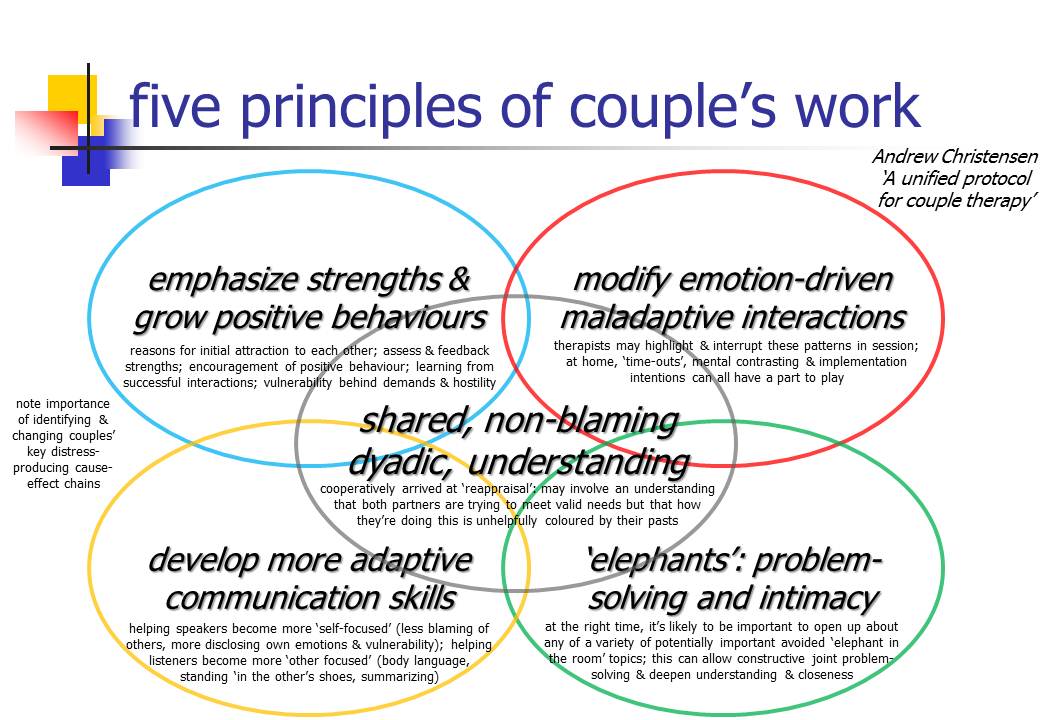
Credit: goodmedicine.org.uk
Frequently Asked Questions
How Do I Improve My Communication Skills In A Relationship?
Practice active listening and express your thoughts clearly. Use “I” statements to convey feelings. Avoid interrupting and show empathy. Schedule regular check-ins to discuss issues. Always maintain respect and openness in conversations.
What Are The 5 Basic Communication Skills?
The five basic communication skills are listening, speaking, reading, writing, and non-verbal communication. Each skill enhances effective interaction. Listening involves understanding spoken words. Speaking conveys thoughts verbally. Reading comprehends written text. Writing expresses ideas in written form. Non-verbal communication includes gestures and body language.
These skills are essential for successful communication.
What Is The 40/20-40 Process?
The 40/20-40 process involves allocating 40% of resources to planning, 20% to execution, and 40% to evaluation. This method ensures balanced project management, enhancing efficiency and outcomes. It focuses on thorough preparation, effective action, and comprehensive review to optimize results.
Conclusion
Building strong communication skills strengthens relationships. Couples grow closer with open dialogue. Misunderstandings decrease when partners express feelings clearly. Listening actively fosters trust and empathy. Simple, kind words can make a big difference. Practicing patience and understanding enhances connection. Regular check-ins keep partners on the same page.
Sharing thoughts daily helps maintain emotional bonds. Remember, communication is key in any relationship. Small efforts lead to lasting harmony. Start improving your communication skills today for a happier relationship.
